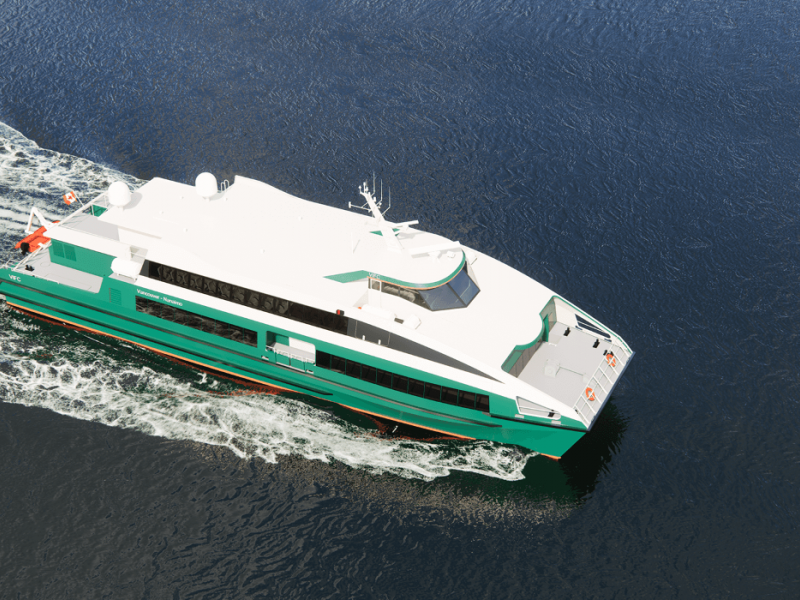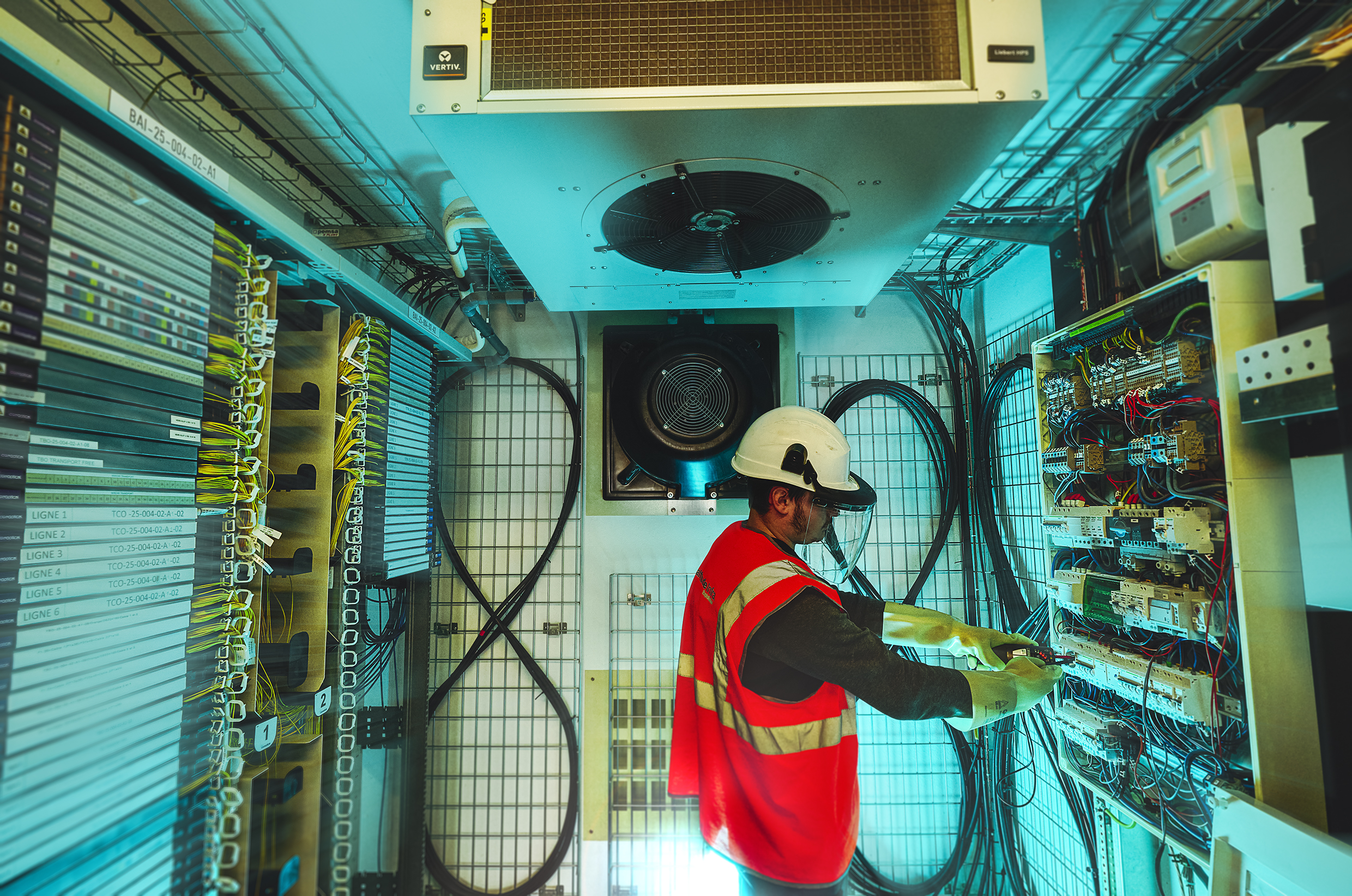Mr von Guionneau’s comments come amid concerns by port operators like Asciano that the recent privatisation of Sydney’s Port Botany – which has reaped more than AU$5bn for the NSW government – will squeeze stevedores as its owners try to maximise profits over the duration of their 99-year lease.
Asciano chief executive John Mullen this week questioned the rationale for the Port Botany sale, arguing privatisation could endanger the port’s role as a facilitator for trade if its new owners – consortiumIndustry Funds Management, Australian Super, QSuper and Tawreed Investment – push up rents.
Mr von Guionneau’s support for PPPs is not surprising, given InfraRed has more than 100 PPP assets on its books globally, making many investments via its London-listed infrastructure company, HICL.
The CEO, who oversees some AU$25bn of infrastructure investments globally, is in Australia for the third time in six months after opening a Sydney office in February. It gives the infrastructure group an Australasian base in addition to offices in London, Hong Kong, Paris and New York.
InfraRed is targeting more investments in greenfield projects in Australia after putting more than AU$100m in the AU$1.85bn new Royal Adelaide Hospital, due to be completed in 2016, and investing in the Victorian desalination project.
“Beyond our commitments to the Adelaide Hospital and Victoria Desalination PPPs we’re rapidly growing and establishing a pipeline.”
Mr von Guionneau said.
The CEO argues Australia is “better equipped” than many other countries to adopt PPPs due to its transparent legal system, sophisticated contractors and competent governments.
The group sees a niche for greenfield investments, given pension funds are typically unwilling to take on the risks of infrastructure development and are not prepared to wait several years before generating income from infrastructure investments.
InfraRed is actively pursuing greenfield projects in NSW and Queensland and will consider investing in the proposed AU$1.6bn Sydney light rail PPP project, which will run from Circular Quay to Randwick.
The group was part of one of the unsuccessful consortiums that bid for the AU$1bn Gold Coast Rapid Transit PPP in 2011, and is part of the Pulse consortium that has bid for the operation’s trains and system contract for Sydney’s North West Rail Link PPP.
The group is also keen to invest in resources-related infrastructure projects involving water, transport and energy development and is not fazed by the recent downturn in the resources market, believing it creates opportunities to finance and structure projects.
It plans to gradually move into renewable energy in Australia, having already invested in British wind farms via a joint venture with a Welsh engineering company, the Walters Group.
InfraRed has not to date made any unsolicited infrastructure proposals along the lines of Transurban’s proposal to the NSW government to build a tunnel linking Sydney’s M2 motorway to its F3 freeway, but remains open to doing so in the future.


